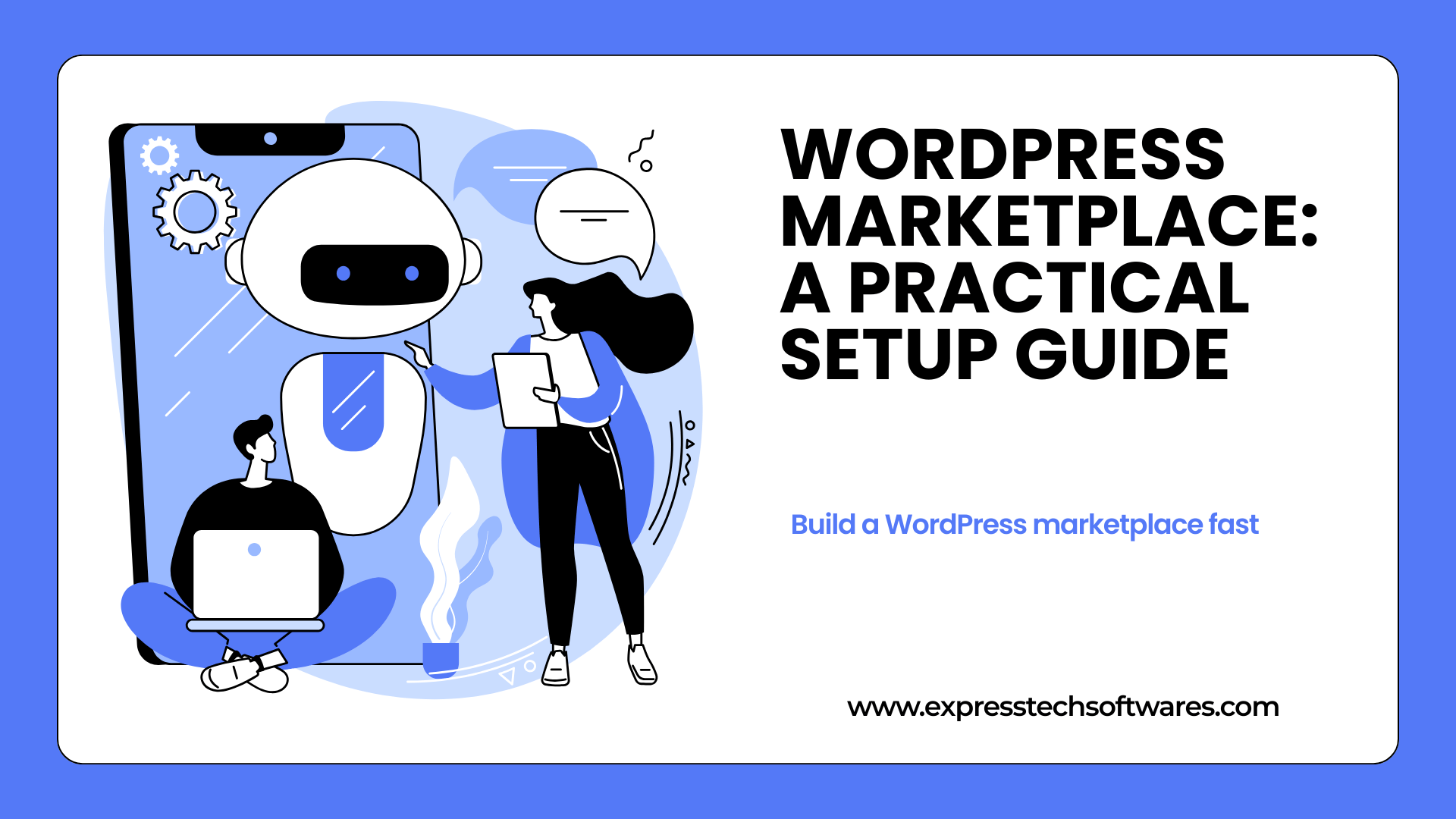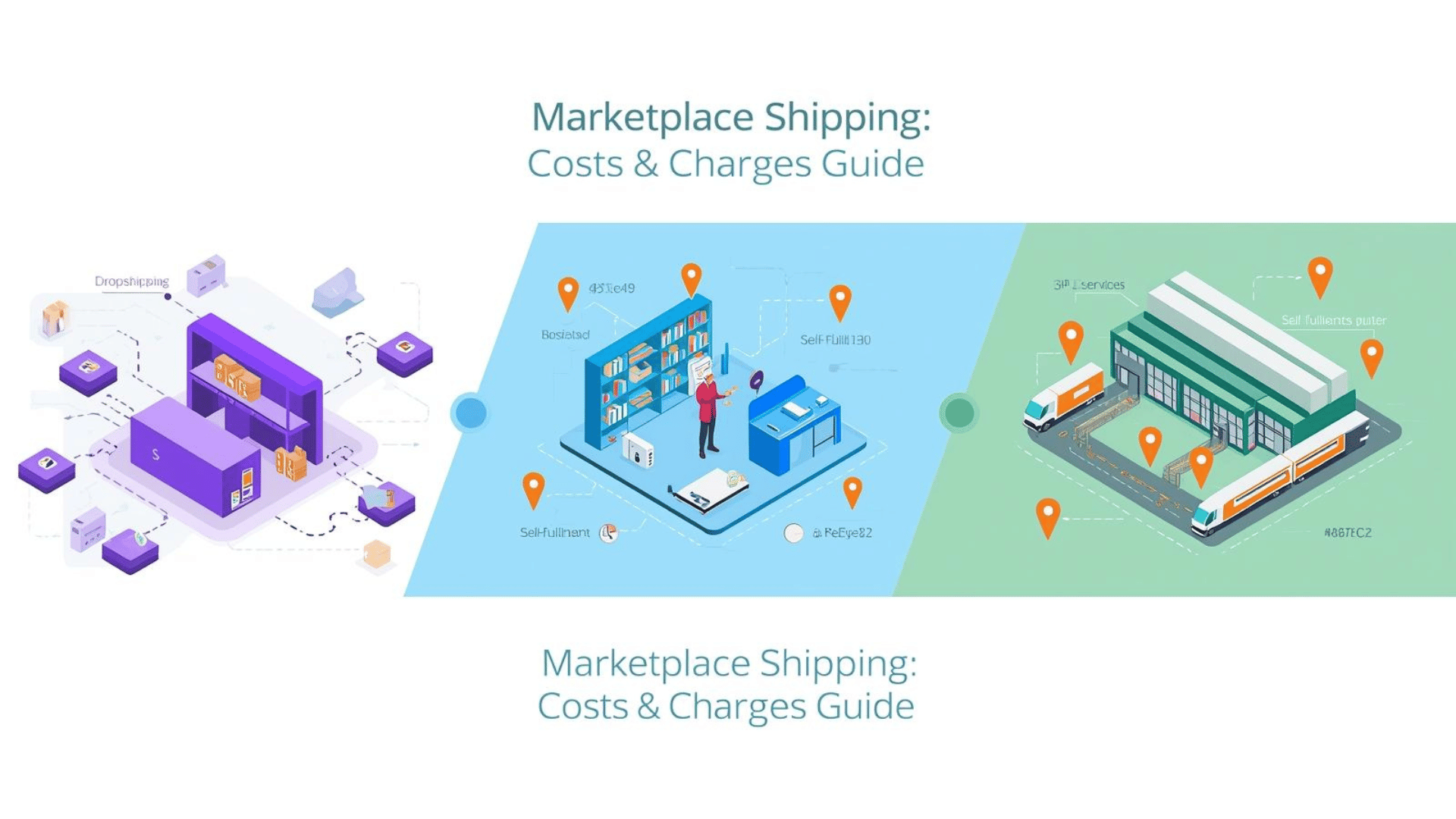Want a no-nonsense path to launch your WordPress marketplace? This guide distills the essentials—from picking a domain to configuring multivendor tools—so you can get your store live fast. The outline below adapts the core steps from WCLovers’ Part 3 article while modernizing the advice for today’s stack. (WC Lovers)

Why build your marketplace on WordPress?
- Flexible customization
Open-source, massive plugin/theme ecosystem; you can tailor flows without vendor lock-in. (WC Lovers) - Friendly admin experience
Most actions are point-and-click; non-developers can run daily operations. (WC Lovers) - Security you can harden
With reputable plugins, SSL, updates, and sane policies, you can achieve a robust posture. (WC Lovers) - Huge community
Answers, tutorials, and support are easy to find when you’re stuck. (WC Lovers) - Cost-effective MVP
Ship a minimum viable marketplace first; scale features as revenue grows. (WC Lovers)
What you’ll need
- A domain name
- Hosting with SSL (HTTPS)
- WordPress + WooCommerce
- A multivendor plugin (we’ll reference WCFM in the steps) (WC Lovers)

Step-by-step setup
1) Choose and register your domain
- Short, brandable, and easy to spell.
- Prefer .com for broad recognition.
- Compare renewal pricing before you buy. (WC Lovers)
2) Pick hosting and enable SSL
- Decide between shared, VPS, or dedicated—based on budget/traffic expectations.
- Ensure an SSL certificate is included or easy to add.
- Keep PHP/MySQL versions current for performance and security. (WC Lovers)
3) Install WordPress + WooCommerce
- Many hosts offer one-click installers; otherwise use the official guide.
- Complete WooCommerce onboarding (currency, taxes, shipping, payments). (WC Lovers)
4) Add a multivendor layer (WCFM example)
- Install and activate WCFM Marketplace.
- Walk through the setup wizard: vendor URLs, commissions, withdrawals, style, capabilities.
- Land in the WCFM dashboard to finish fine-tuning. (WC Lovers)
5) Configure vendor operations
- Vendor onboarding: registration, approval, KYC if needed.
- Commissions & payouts: set global %, per-category overrides if applicable.
- Catalog rules: who can publish, moderate, or bulk-edit products.
- Store policies: shipping, returns, and dispute resolution. (WC Lovers)
Launch checklist (quick hits)
- Payment gateways tested (live + sandbox).
- Email templates branded and proofread.
- Vendor docs: “how to list products,” “how to fulfill,” “how to withdraw.”
- Search, filters, and category tree finalized.
- Performance basics: caching, image compression, lazy loading.
Helpful deep dives & related reads
- Upgrade to WCFM Ultimate for advanced vendor features:
wcfm - Front-end workflows for admins/vendors:
woocommerce-frontend-manager-guide - WCFM marketplace primers:
wcfm marketplace guide · wcfm marketplace vs dokan - Personalization strategy for conversion lift:
Personalized Recommendations - Planning series (Part 1 & 2):
validating-your-marketplace-idea · online-marketplace (Part 2)
FAQ (top 5)
What’s the fastest route to MVP?
1) Start with WooCommerce + a proven multivendor plugin.
2) Limit scope to a single category and a handful of vendors.
3) Add only must-have payment/shipping options first. (WC Lovers)
How do I handle vendor payouts?
1) Use the marketplace plugin’s payout scheduler (manual or automated).
2) Document commission rules; keep ledgers transparent. (WC Lovers)
How do I prevent low-quality listings?
1) Require moderation for new vendors.
2) Provide listing guidelines; enable product approval workflow. (WC Lovers)
What about taxes and invoices?
1) Use regional tax plugins and WooCommerce tax features.
2) Provide downloadable invoices per order. (Implementation varies by region.)
Can I grow beyond one niche later?
1) Yes—design categories and attributes to scale; add vendors in phases.
2) Revisit infrastructure (hosting, CDN) as traffic grows. (WC Lovers)

Need help implementing this?
The #1 WordPress & Woo agency




